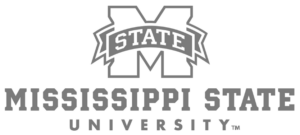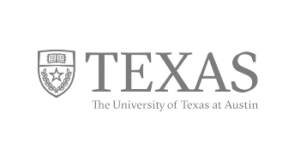In a groundbreaking leap towards innovation, Dr. Jonathan Chen, a distinguished Professor in the Division of Textiles and Apparel at the University of Texas at Austin’s School of Human Ecology, and his dynamic team have secured the prestigious NSF National I-Corps grant for their revolutionary antibacterial spray technology. This transformative project, spearheaded by Ms. Sophia Jackson, first-year Masters student at the University of Pennsylvania and entrepreneurial lead (EL), signifies a significant milestone in the intersection of academia and entrepreneurship.

Dr. Jonathan Chen, PI
Ms. Jackson, armed with a background in Material Science Engineering and a Bachelor’s degree in Biology from the University of Texas at Austin, has been collaborating with Dr. Chen for three years. She is the CEO/Founder of Ecobarrier Technologies that has been started to commercialize the innovation. Together, they’ve pioneered a sustainable antibacterial spray that is emerging as a beacon of innovation in contamination prevention.
The CNF spray, focused on cellulose nanofibers (CNF), transcends traditional solutions with its antibacterial and physical barrier benefits for fabrics, filters, and more. Dr. Chen envisions a broad commercial impact, stating, “Our product is a multipurpose antibacterial spray, suitable for various industries, including healthcare, automotive, aerospace, and residential settings.”

Sophia Jackson, EL
This isn’t Dr. Chen’s first engagement with the National Science Foundation’s (NSF) I-Corps program. With over 30 years of expertise in textile science and engineering, he previously explored fabric supercapacitors for solar energy storage. Now, alongside Ms. Jackson’s inventive approach, the team is embarking on another transformative journey.
The CNF spray, inspired by nature’s ingenuity found in the dragonfly’s wing structures, is a water-soluble, adaptable solution demonstrating heightened bacterial and viral resistance on fabrics. Ms. Jackson, not only a scientist but an entrepreneur at heart, is actively steering the commercialization plan, overseeing real-world simulations, product testing, and collaborations with potential partners.

Alex Brombauer, Co-EL
Beyond immediate applications on face coverings, the spray’s potential extends to air filtration systems, promising a revolutionary shift in air purification methods with sustainability at its core. Ms. Jackson, advancing in her graduate studies, envisions pitching for investment opportunities by 2024, laying the foundation for a transformative startup. Dr. Chen, with decades of expertise, continues to champion the fusion of academia and entrepreneurship.
In the words of Ms. Sophia Jackson, “Participating in the NSF I-Corps program has been an incredibly exciting journey. It has provided us with valuable insights and mentorship that have significantly accelerated our path towards bringing this innovative technology to market. I am honored to be part of a team that is pushing the boundaries of antibacterial technology, and I am eagerly looking forward to the impact our work will have on diverse industries.” She is grateful for her additional team members Alex Brombau

Amy Leksana, IM
er who is the team’s Co-Entreprenurial Lead and Amy Leksana the team’s mentor who is a lab to market expert and professor at Austin Community College.
The NSF National I-Corps grant not only validates the team’s dedication to innovation but also positions them as leaders in the realm of antibacterial technology. The Southwest I-Corps Hub commends Dr. Jonathan Chen, Sophia Jackson, and the entire team for this remarkable achievement, anticipating the far-reaching impact their research will have on diverse industries.








